Mini Dental implants replace the roots of missing teeth and anchor new teeth. They offer a natural look and enduring stability. In the long run, getting dental implants is definitely worth it. They are an excellent way to anchor replacement teeth and make sure they last for many years to come. But what most people don’t know is that caring for your implants after the surgery poses its own set of challenges. Here you’ll learn how to maintain mini dental implants so that they last as long as possible:

Disinfection and Care
Implant-related infections are exceedingly rare, but they can be serious when they occur. Therefore, it is important to take certain precautions after getting your mini implants. If you smoke or use certain drugs or antibiotics, this may increase your risk of developing an infection related to your dental implants. To be on the safe side, you should:
❌ Stop Smoking. Cigarette smoke contains tars and other substances that can irritate your gums and oral tissues. Stopping smoking will help avoid complications related to oral infections.
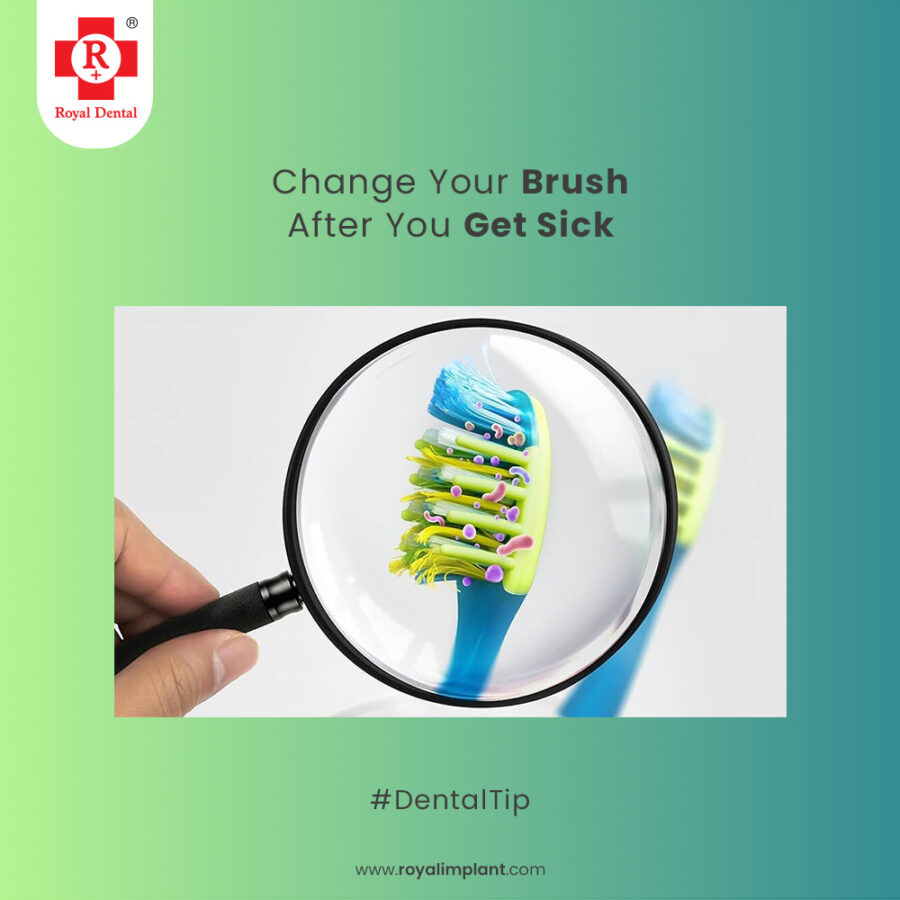
Avoid Certain Drugs and Medications. Antibiotics and other drugs, such as anti-inflammatory medications, may increase your risk of developing a serious infection.
❌ Practice Good Oral Hygiene. Try to maintain good oral hygiene by brushing your teeth at least twice a day, flossing regularly, and visiting the dentist every six months.
Choosing a Mini Implant Material
There are several different types of dental implant materials. From a dentist’s perspective, they all have the same function: to fuse with the jawbone and become a stable fixture in the mouth. When it comes to picking materials, the most important thing is that they are biocompatible. This means that they are largely made up of materials the body can easily metabolise, without causing any adverse reactions.

Titanium Dental Implants. This is the most common dental implant type and is biocompatible with human tissue. However, titanium is less stable than other materials and is therefore used for mini dental implants, which are smaller and less substantial than standard implants.
Cobalt-chromium Dental Implants. This is another biocompatible type of dental implant. It is very similar to titanium in its properties, including its resistance to corrosion.
Maintaining Good Oral Health
Your oral health is one of the most important factors in successful dental implant healing. You must ensure that your gums and oral tissues remain healthy and infection-free throughout the healing process. If you fail to maintain good oral hygiene during this time, your gums and tissues could become infected. Infections can impair healing, cause pain, and necessitate the removal of your dental implants. To avoid this, it is important to practice good oral hygiene at all times, even after you’ve gotten dental implants:
Brush and Floss Regularly. You must brush your teeth and floss at least twice a day, preferably after every meal. This minimizes the amount of bacteria in your oral cavity.
Take a Supplement. It is advisable to take supplements such as Biotene or L-Proline after getting dental implants.
The Importance of a Healthy Diet
Your diet plays an important role in the healing process. It is important to eat healthy during this time because you will likely not be able to chew as well as you normally would. You should eat plenty of raw fruits and vegetables, as well as high-protein foods. You should also drink plenty of water to stay hydrated and avoid dry mouth. The following nutrients may help expedite healing after dental implants:

Vitamin C. Eating high-quality fruits and vegetables rich in vitamin C may help reduce your risk of developing gum disease and other oral health issues.
Vitamin E. Eating foods rich in vitamin E may help reduce bleeding and enhance healing of oral tissues.
Omega-3 Fatty Acids. They may help reduce inflammation in your mouth and speed up healing after dental implants.
Tips to Maintain Mini Dental Implants
Avoid Stiff Brushing. Your gums are sensitive after dental implants and brushing too vigorously can irritate them. You should use a soft-bristled toothbrush and be gentle while brushing.
Consciously do not Grind Your Teeth. This puts unnecessary stress on your gums and teeth, which will likely be softer than they are normally.
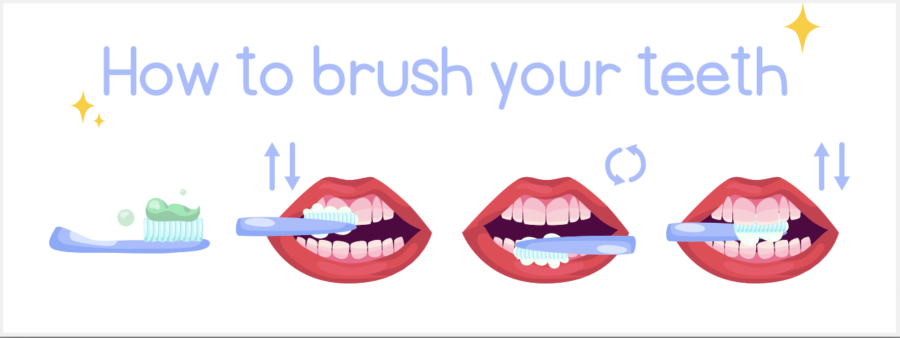
Visit Your Dentist Regularly. You should visit your dentist every six months after dental implants. This will help you maintain good oral health and identify any potential issues early.
Avoid Sugar and Sticky Foods. If you eat sticky food, such as caramel or toffee, it can get stuck in your teeth. Sugary foods can increase the risk of tooth decay after dental implants.
Try reduce Drinking Through a Straw. This may make your gums bleed and impair healing.
Conclusion
Dental implants are a common treatment option for patients who have lost teeth. They are an excellent way to anchor replacement teeth and make sure they last for many years to come. However, dental implant maintenance can be a challenge for some patients. Anyone who has had a dental implant will tell you that surgery is not exactly fun. However, in the long run, getting dental implants is definitely worth it. They are an excellent way to anchor replacement teeth and make sure they last for many years to come. And with the tips and advice outlined above, your implants will last even longer than expected.
Follow Us For More Updates

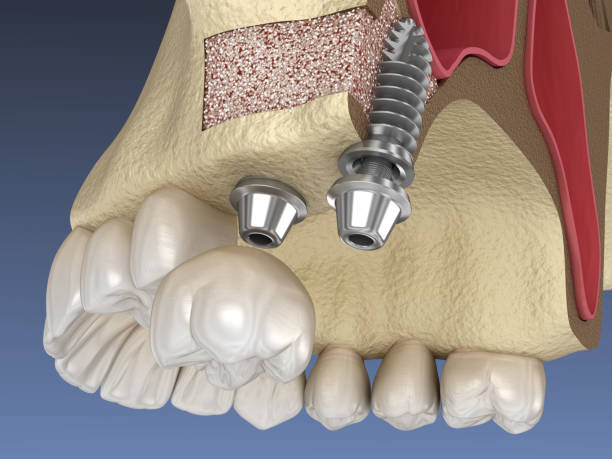

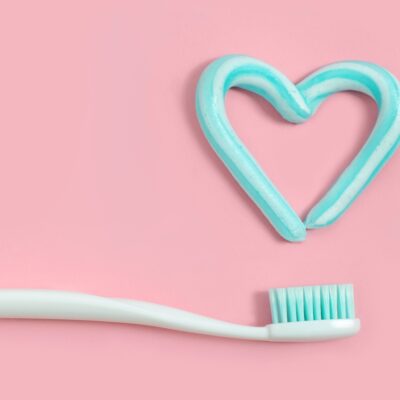

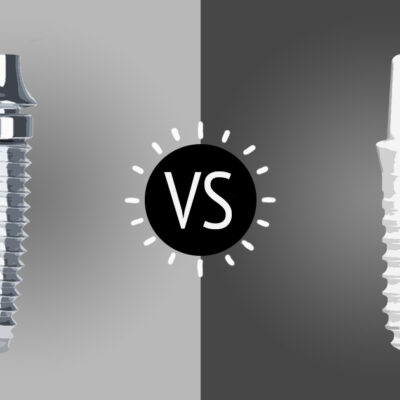
that is so good clinic